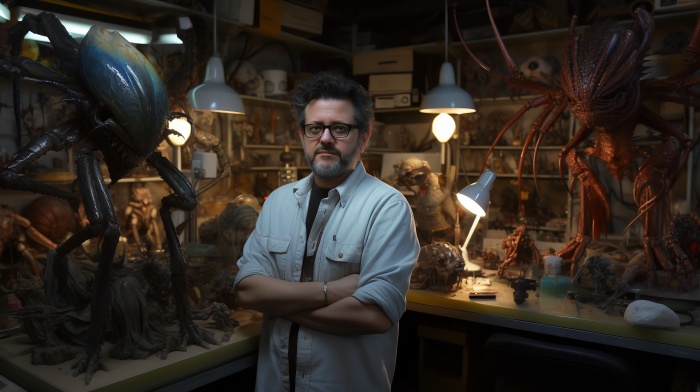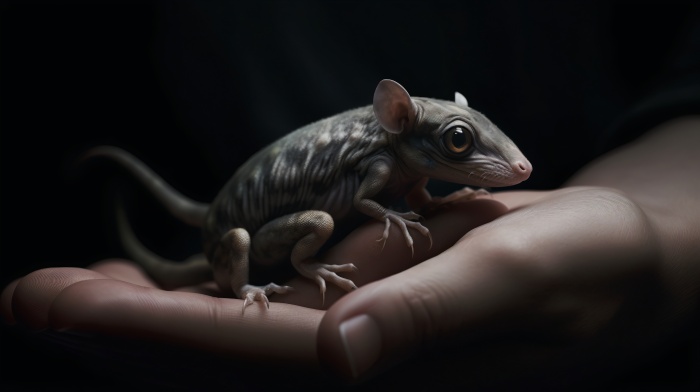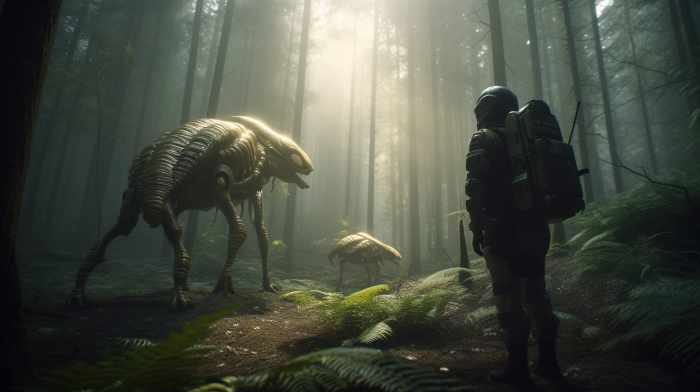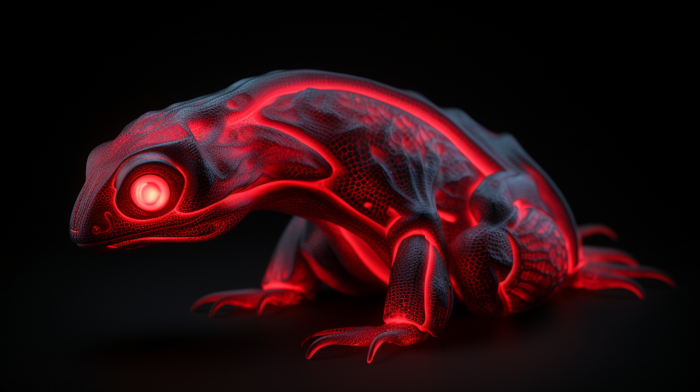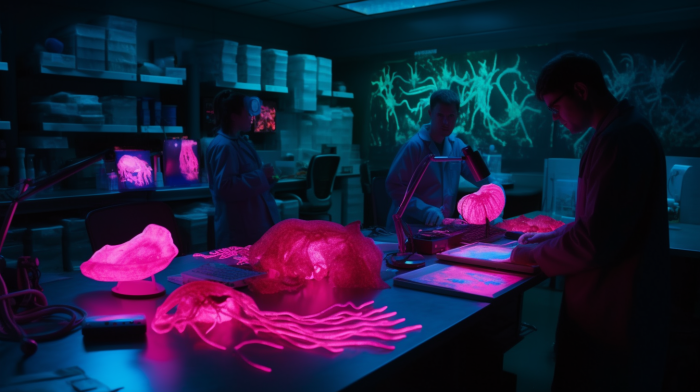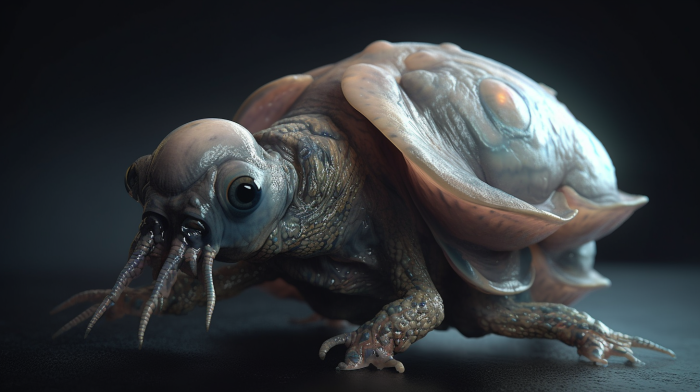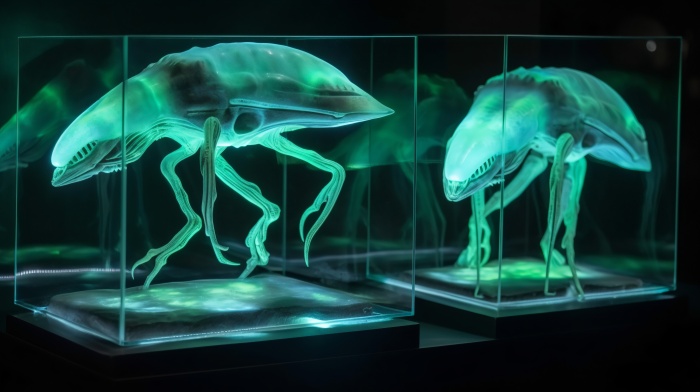Xenobiology, the study of non-human life forms, is a fascinating and rapidly growing field of science. With the discovery of new alien species and the development of advanced technologies for space exploration, there has never been a better time to inspire and engage the next generation of scientists with the wonders of xenobiology.
Category: xenobiology
Jorge Ramirez: Uncovering the Secrets of Alien Fossils
Jorge Ramirez is a Xenopaleontologist at the Xenobiology Museum, dedicated to uncovering the secrets of alien fossils. With a passion for understanding the biology and evolution of non-humanoid creatures, Jorge has spent his career studying the remains of long-extinct species from across the galaxy.
Redefining Mammals: The Discovery of Six-Legged Alien Species
According to traditional definitions of mammals, which were based on Earth's biological history, mammals are supposed to have four legs, not six. But what if the newly discovered alien had all the other mammalian features?
The Galactic Council: Uniting Humanity in the Quest for Knowledge
The Galactic Council is a global organization made up of scientists, diplomats, and other experts in the field of xenobiology. Its purpose is to oversee humanity's exploration of the cosmos and ensure that all discoveries are made in a responsible and ethical manner.
Shedding Light on Bioluminescent Aliens: Exploring the Reasons Behind the Bias
When exploring alien worlds, one cannot help but marvel at the abundance of bioluminescent creatures. But have you ever wondered why this is the case? Is it just our bias, or is there a scientific explanation?
Beyond Blue and Green: The Challenge and Triumph of Preserving the Vibrant CosmoPink Bioluminescence in the new Xenobiology Museum’s Collections
The Xenobiology Museum has always been at the forefront of scientific discovery, exploring and studying the diverse array of non-humanoid alien life found in the cosmos. Recently, the museum made headlines when the renowned photographer, Cameron Clarke, captured some incredible images of pink bioluminescent alien species. see the gallery These specimens have proven to be … Continue reading Beyond Blue and Green: The Challenge and Triumph of Preserving the Vibrant CosmoPink Bioluminescence in the new Xenobiology Museum’s Collections
The ethics of studying and interacting with non-humanoid aliens
A discussion of the ethical considerations that arise when studying and interacting with intelligent or potentially sentient species and the responsibilities of researchers in this field.
Defining non-humanoid aliens: a zoological perspective
When it comes to studying non-humanoid aliens, the Xenobiology Museum takes a zoological approach. This means that we focus on understanding these creatures in terms of their biology, behavior, and ecology.
How to become a xenobiologist?
In this article, we will explore the steps necessary to become a xenobiologist, from education to career options.
What is xenobiology?
In this article, we will explore the concept of xenobiology in detail, including its origins, its goals, and the methods used by scientists to study it. We will also look at some of the potential implications of xenobiology, including its impact on our understanding of the origin of life and its potential for applications in fields such as medicine and biotechnology.
The challenge of naming new alien species
One of the most exciting aspects of xenobiology is discovering new species that have never been seen before. However, while the discovery of a new species can be exhilarating, naming and classifying it can be an entirely different challenge.


